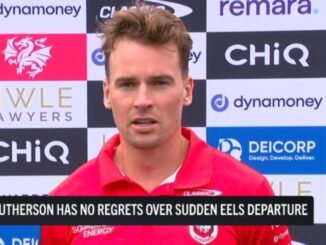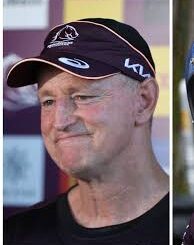
Keith Titmuss, a promising young rugby league player for the Manly Sea Eagles, tragically passed away on November 24, 2020, at the age of 20. His death occurred after a pre-season training session, during which he collapsed and was later pronounced dead at the hospital. citeturn0search1
In the aftermath of his passing, investigations revealed that Titmuss had been diagnosed with stage two Chronic Traumatic Encephalopathy (CTE), a degenerative brain disease linked to repeated head impacts. This discovery was particularly alarming given his young age and the absence of overt symptoms during his life. citeturn0search8
The revelation of CTE in Titmuss’s brain has sparked widespread concern within the rugby league community and beyond. It underscores the critical need for enhanced concussion protocols and greater awareness of the long-term effects of repeated head injuries in contact sports. Experts have called for a reevaluation of training practices and player safety measures to prevent similar tragedies in the future.
Titmuss’s parents have been vocal advocates for increased research into CTE and its impact on athletes. They have emphasized the importance of early detection and intervention, urging sporting organizations to prioritize player health and well-being. Their advocacy aims to honor their son’s memory by contributing to a safer environment for current and future athletes.
The tragic loss of Keith Titmuss serves as a poignant reminder of the inherent risks associated with contact sports. It highlights the necessity for ongoing research, improved safety protocols, and a commitment to protecting the health of athletes at all levels. His story has galvanized discussions about player safety and the long-term consequences of head injuries, prompting a reevaluation of how the sports community addresses these critical issues.
In memory of Keith Titmuss, the rugby league community continues to honor his legacy by advocating for change and striving to ensure that future generations of athletes can pursue their passion for the sport with greater safety and support.
For those interested in learning more about the impact of CTE on athletes, the following interview provides valuable insights:
videoShould we be treating CTE like skin cancer?turn0search3



Be the first to comment